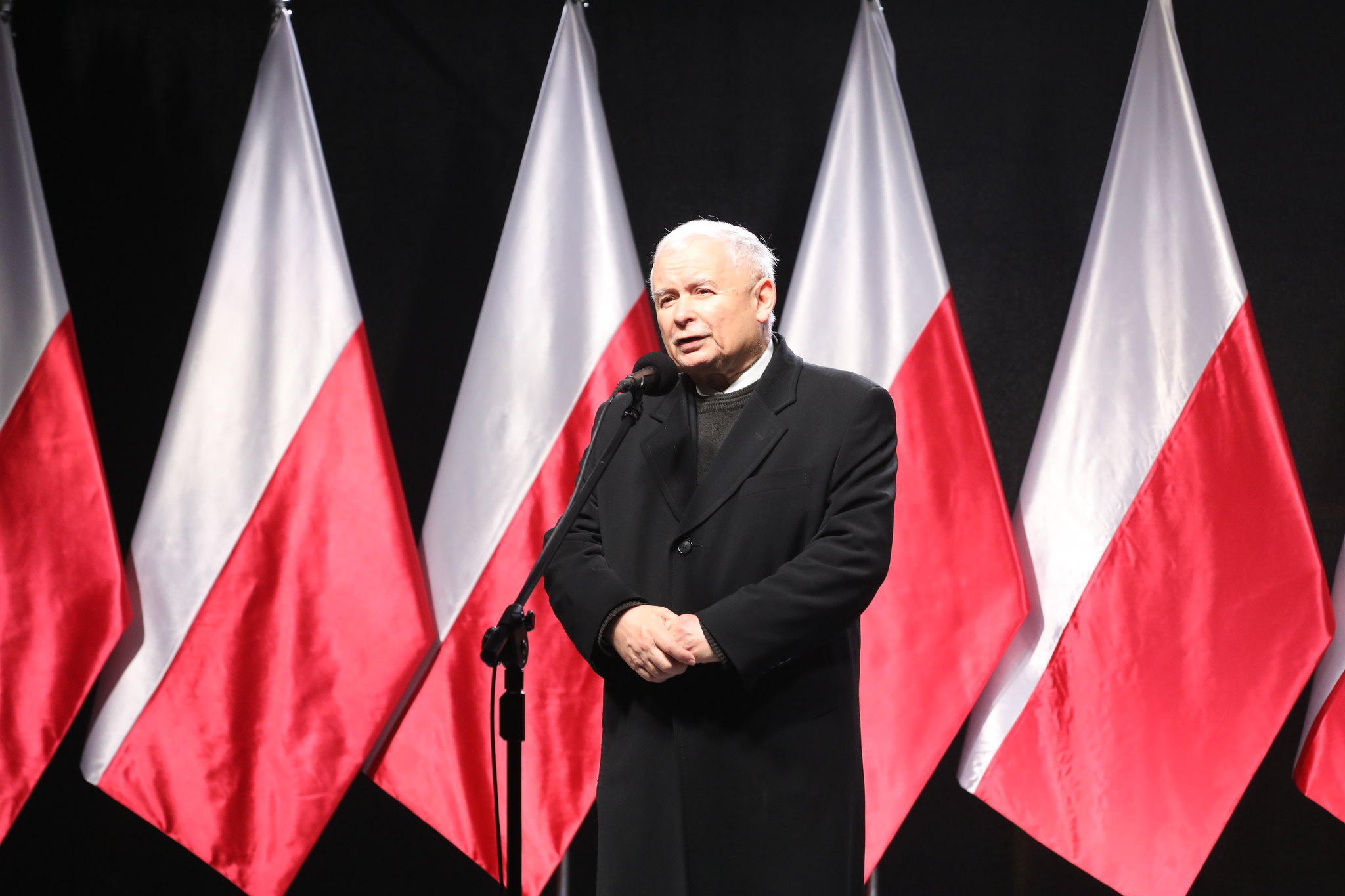
WARSAW, Poland — Poles are voting Sunday in a parliamentary election that the ruling party of Jaroslaw Kaczynski is favoured to win easily, buoyed by the popularity of its social conservatism and generous social spending policies that have reduced poverty.
Law and Justice is the first party since the fall of communism to break with the austerity of previous governments. Those free-market policies took a moribund communist economy and transformed it into one of Europe’s most dynamic.
However, many Poles were left out in that transformation and inequalities grew, creating grievances that Law and Justice has addressed skillfully. Its most popular program, called 500+, gives away 500 zlotys ($125) to families per month per child, taking the edge off poverty for some and giving more disposable income to all recipients.
However, many of the party’s liberal critics fear that another four-year term for Law and Justice will reverse the achievements made three decades ago in this Central European nation, long hailed as a model of democratic transformation.
They cite an erosion of judicial independence, pluralism and minority rights since the party took power in 2015.
Law and Justice’s overhaul of the judicial system has given the party unprecedented power over the public prosecution system and the courts. In reaction, the 28-member European Union has repeatedly warned that the rule of law is threatened and took sanctioning mechanisms that have blunted some of the changes, but not all.
The party has also used tax-funded public media, which under the law should be nonpartisan, to pump out simplistic propaganda hailing the party’s achievements and denigrating political rivals.
It has run a campaign targeting the LGBT movement as a grave threat to the nation’s culture and to children. The party says it is defending the traditional family in a country where most people are Roman Catholics, a message that has found favour with many.
More than 30 million people in this nation of 37 million are qualified to vote. They are choosing lawmakers in the 460-seat lower house of parliament and in the 100-seat Senate.
Polling stations are due to close at 9 p.m. (1900 GMT). Exit polls giving a projection of the outcome will be announced right when polls close, though official results are not expected until early in the week.